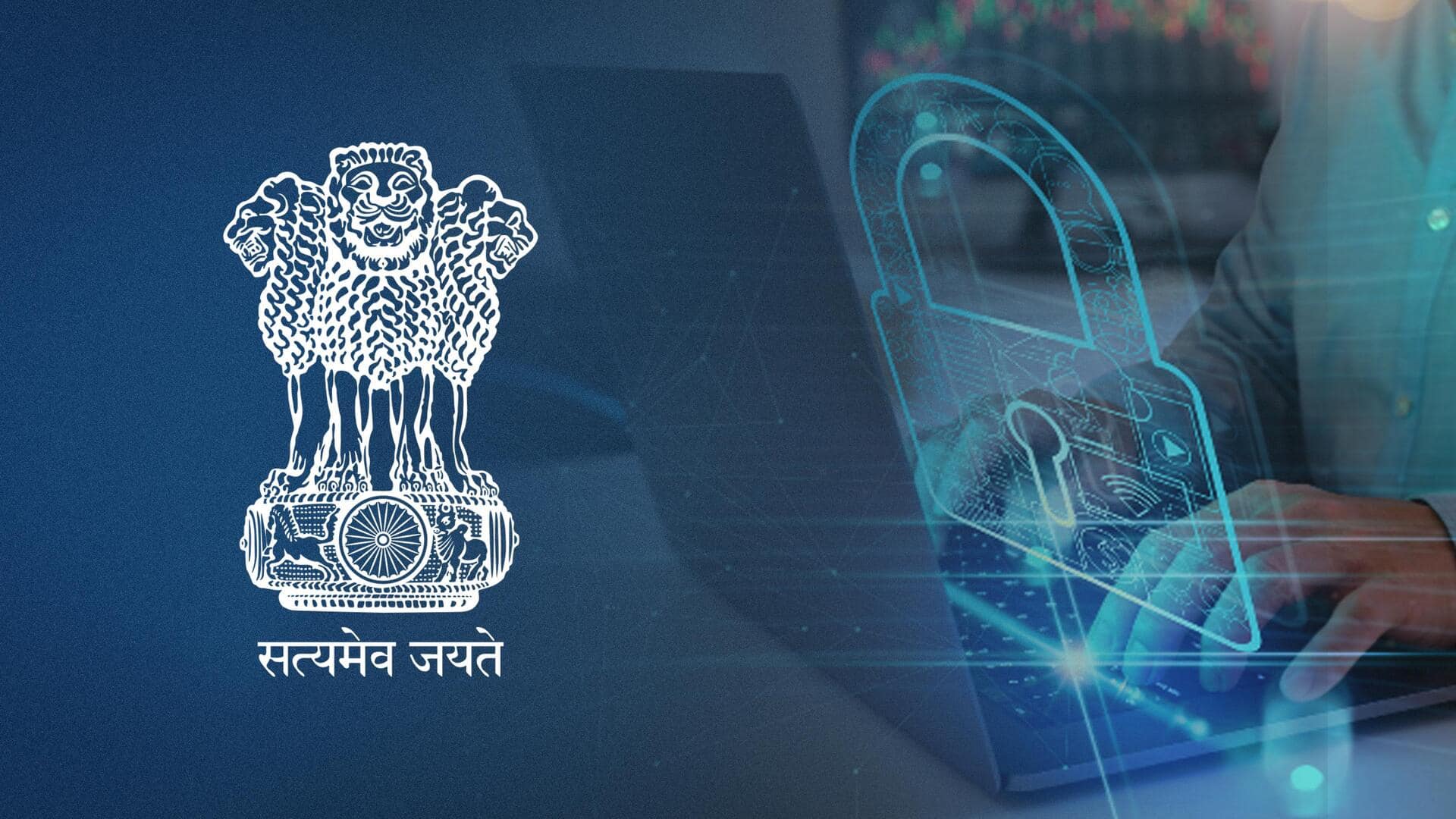
Centre approves Digital Personal Data Protection Bill: Reports
What's the story
The Union cabinet on Wednesday approved the much-awaited Digital Personal Data Protection Bill, 2022, thus clearing the way for it to be tabled before Parliament in the upcoming Monsoon Session, reports said.
The initial draft of the bill was introduced in November last year, and after several rounds of public consultation, a second draft was prepared, which underwent inter-ministerial discussions.
Context
Why does this story matter?
The bill aims to prevent unchecked processing of personal data, which may affect the privacy of citizens.
In August 2022, the Centre withdrew the draft Personal Data Protection Bill, 2019 after a parliamentary committee suggested 81 amendments to it.
The bill proposes an amendment to the Right to Information (RTI) Act, which many see as an attempt to dilute the RTI Act.
Bill
Bill mandates individual consent for data processing
The bill will oversee the processing of digital personal data, which will also include data collected offline and digitized later.
It also prohibits the unlawful processing of personal data and mandates the individual's consent even for lawful purposes.
Moreover, the bill proposes setting up the Data Protection Board of India, a fiduciary body, to enforce the provisions of the new law.
Details
What is the vision behind the bill
Currently, India doesn't have a dedicated law for data protection, and digital personal data is regulated under the Information Technology (IT) Act, 2000.
This bill, along with the Digital India Bill—the IT Act's proposed successor, Indian Telecommunication Bill, 2022, and a policy for governing non-personal data, would form a holistic framework for technological regulations in India.
RTI
How does it affect RTI Act
The bill proposes an amendment to the Right to Information (RTI) Act that allows public authorities to deny any personal information about administrative officials under Section 8(1)(j) of the RTI Act, citing the protection of individual privacy.
Experts say Section 8(1)(j) is one of the most misused provisions of the Act. As many as 35% of RTI applications are rejected by invoking it.